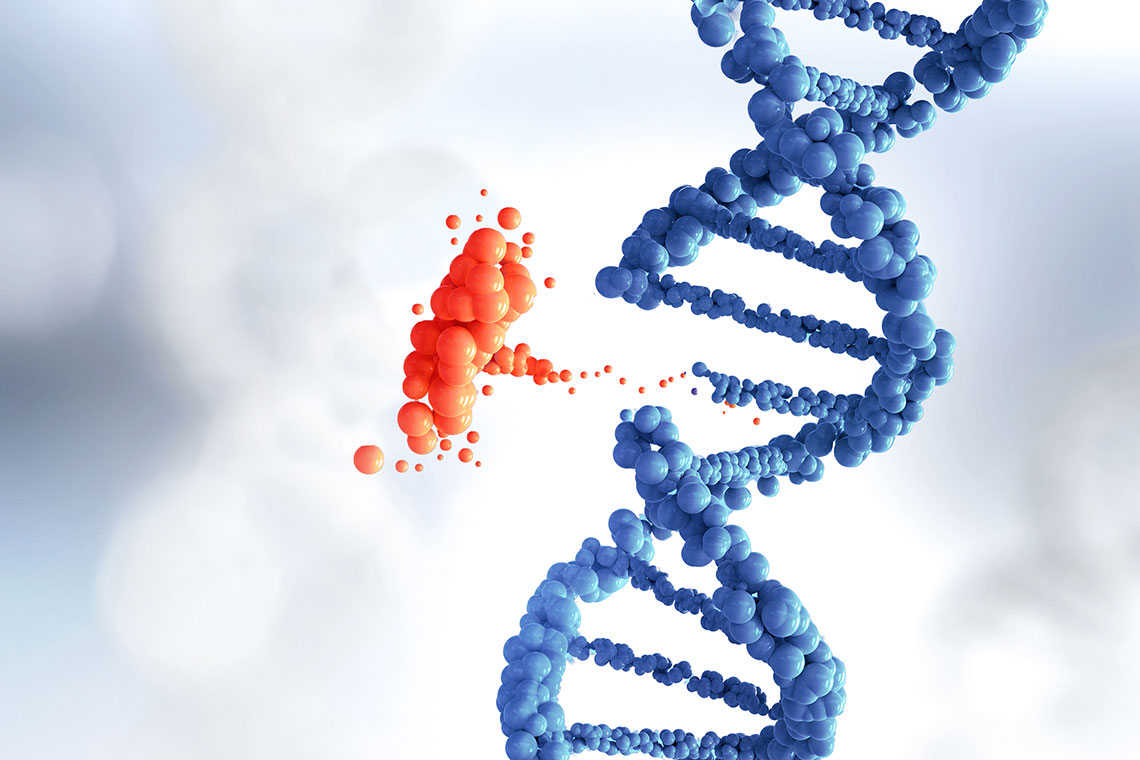What are the symptoms of pyruvate kinase deficiency?
Pyruvate kinase deficiency is a rare genetic disorder that affects red blood cells, leading to anemia. The symptoms can vary in severity but typically include:
- Anemia: Symptoms of anemia, such as fatigue, weakness, and pallor, are common. Individuals may also experience shortness of breath and dizziness due to reduced red blood cell count.
- Jaundice: The breakdown of red blood cells can lead to elevated levels of bilirubin, causing yellowing of the skin and eyes.
- Splenomegaly: Enlargement of the spleen, which may be felt as a mass or tenderness in the upper left abdomen, can occur due to the increased workload from filtering damaged red blood cells.
- Hepatomegaly: Enlarged liver may also be present, though it is less common than splenomegaly.
- Gallstones: Chronic hemolysis (destruction of red blood cells) can lead to the formation of gallstones, which may cause abdominal pain and digestive issues.
- Increased Risk of Infections: Anemia and splenomegaly can increase susceptibility to infections, particularly if the spleen is removed.
- Fatigue and Weakness: Generalized fatigue and weakness due to anemia and reduced oxygen-carrying capacity of the blood.
- Dark Urine: In some cases, the destruction of red blood cells can lead to the presence of hemoglobin or bilirubin in the urine, causing it to appear dark.
The severity of symptoms can range from mild to severe, depending on the extent of the enzyme deficiency and the individual’s overall health. Diagnosis typically involves blood tests to measure red blood cell levels, bilirubin levels, and enzyme activity, as well as genetic testing to confirm the presence of pyruvate kinase deficiency. Treatment focuses on managing anemia and associated symptoms, and may include blood transfusions, splenectomy (removal of the spleen), and supportive care.
What are the causes of pyruvate kinase deficiency?
Pyruvate kinase deficiency is primarily caused by genetic mutations. The deficiency is inherited in an autosomal recessive manner, meaning that an individual must inherit two copies of the mutated gene (one from each parent) to express the condition. The specific causes include:
- Genetic Mutations: The condition is due to mutations in the PKLR gene, which provides instructions for making the pyruvate kinase enzyme. This enzyme is essential for the glycolysis pathway, which is crucial for producing energy in red blood cells. Mutations in this gene lead to a deficiency in the enzyme’s activity.
- Inheritance Pattern: Pyruvate kinase deficiency is inherited in an autosomal recessive pattern. This means that both parents must carry a copy of the mutated gene, although they may not show symptoms themselves. When both parents pass on the mutated gene, their child will be affected by the condition.
- Various Mutations: Several different mutations in the PKLR gene can cause pyruvate kinase deficiency. These mutations may lead to reduced enzyme activity or a complete loss of function, resulting in the characteristic symptoms of the disorder.
Overall, the primary cause of pyruvate kinase deficiency is the genetic mutations affecting the PKLR gene, which disrupt the normal function of the pyruvate kinase enzyme in red blood cells.
What is the treatment for pyruvate kinase deficiency?
Treatment for pyruvate kinase deficiency focuses on managing symptoms and improving quality of life. The approach varies depending on the severity of the condition and the specific symptoms experienced. Common treatments and management strategies include:
- Supportive Care: Regular monitoring of blood counts and overall health. Supportive care aims to manage symptoms and prevent complications.
- Blood Transfusions: For individuals with severe anemia, blood transfusions may be necessary to increase red blood cell counts and improve oxygen delivery throughout the body.
- Splenectomy: In cases where splenomegaly (enlarged spleen) causes significant symptoms or complications, the removal of the spleen (splenectomy) may be considered. This can help reduce the destruction of red blood cells and alleviate anemia.
- Folic Acid Supplements: Folic acid can help support red blood cell production and may be prescribed to individuals with pyruvate kinase deficiency.
- Iron Supplementation: If the individual develops iron deficiency anemia due to chronic blood loss or increased red blood cell turnover, iron supplements may be recommended.
- Management of Complications: Treatment for associated complications, such as gallstones or infections, is important. This might include medications or surgical interventions as needed.
- Genetic Counseling: Since pyruvate kinase deficiency is a genetic disorder, genetic counseling can provide information and support for affected families, including guidance on inheritance patterns and family planning.
- Experimental Therapies: In some cases, individuals might explore clinical trials or experimental treatments. New therapies, including enzyme replacement or gene therapy, may be in development, though they are not yet widely available.
Regular follow-up with a healthcare provider is essential to adjust treatment plans as needed and to manage any complications or changes in the condition.

Leave a Reply
You must be logged in to post a comment.